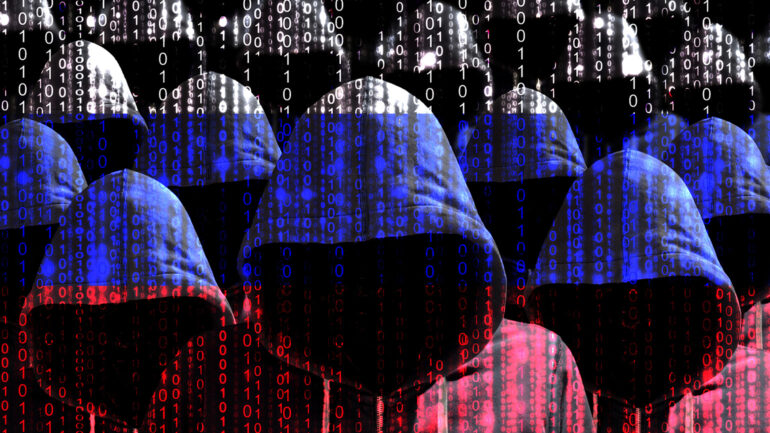March / April 2025 Volume 24, No. 2
Helping Youth Struggling with Anxiety
Anxiety in youth can manifest in various ways: some may become tearful, others agitated, and still others might withdraw. Changes in youth’s typical behaviors often signal that they are preoccupied with something difficult to understand, overcome, or envision. When a young person is facing a threat—such as fear for their safety, uncertain housing, or the [...]
Read MoreMarch / April 2025 Volume 24, No. 2
Still Wrestling with Anxiety? Why Deep Breaths and Mindset Shifts Are Not Enough
Most people experience moments of anxiety—whether about politics, work, finances, health, or relationships. While occasional anxiety is a natural part of life, and even a helpful motivator sometimes, it becomes problematic when its intensity and frequency interfere with daily functioning—a presentation currently on the rise. According to surveys, 43% of U.S. adults report much higher [...]
Read MoreJanuary / February 2025 Volume 24, No. 1
Exploring Burnout Prevention in Pastoral Counseling
The U.S. Bureau of Labor Statistics (2022) reported that over 19 million U.S. workers have quit their jobs. Of that, multiple studies indicate that between 21 and 67% of mental health workers may be experiencing significant levels of burnout in their profession (Morse, 2012). Burnout in mental health professionals manifests over time due to a [...]
Read MoreJanuary / February 2025 Volume 24, No. 1
Psychedelic-Assisted Therapy
Psychedelic-assisted therapy holds promise in transforming mental health. The term psychedelics was created by Osmond Humphrey, a Canadian psychiatrist in the 1950s, which means mind-manifesting (Walther & van Schie, 2024) or mind-revealing (Carhart-Harris & Goodwin, 2017). Psychedelic-assisted therapy involves using psychedelics in the context of therapy. Psychedelics are psychoactive medicines that allow one to transcend [...]
Read MoreJanuary / February 2025 Volume 24, No. 1
Bowen Family System Theory in Project Management: A Path Forward
In today's dynamic business environment, project management requires a nuanced understanding of interpersonal dynamics and organizational culture. As I delved into its complexities, it was evident that the profound impact of the Bowen Family System Theory (BFST) within corporate project teams presents opportunities for marriage and family therapists (MFTs) interested in organizational consulting to leverage [...]
Read MoreJanuary / February 2025 Volume 24, No. 1
Weaving Advocacy into the Fabric of MFT: A Podcast Discussion
Dr. Kristen Benson, an MFT educator, advocate, and researcher, met with Dr. Sofia Georgiadou in the “Learning and Teaching Systemic Therapy” podcast on October 24, 2024, and discussed how she has been integrating social justice advocacy into the core of her marriage and family therapy education, clinical practice, and research. Her experiences provide a roadmap [...]
Read MoreNovember / December 2024 Volume 23, No. 6
The Hacking of Change Healthcare
What happened? This year, the largest health insurance hack in history took place. If you’re a therapist who takes insurance, you’ve probably heard about the Change Healthcare hack already. The hack has implications for mental health practitioners and the healthcare industry. The saga began in October of 2022 when Optum acquired Change Healthcare. Optum is [...]
Read MoreNovember / December 2024 Volume 23, No. 6
Type 2 Diabetes: A Beginner’s Guide for Mental Health Professionals
Type 2 diabetes is a serious health condition that impacts millions of people across the United States and around the world (Calvano et al., 2019; Visaria et al., 2020). In fact, type 2 diabetes mellitus (T2DM) accounts for 90 to 95% of all cases of diabetes (Antwi et al., 2020; Visaria et al., 2020). Considered [...]
Read MoreNovember / December 2024 Volume 23, No. 6
Systemic Therapy with Arab American Clients
Arabs are a diverse group with some of the fastest-growing population rates in the United States (U.S.; Dardas & Simmons, 2015). The population includes approximately 3.5 million Arabs and Arab Americans (Aprahamian et al., 2011; Shuraydi, 2020). Arab Americans have traditionally been an understudied and misunderstood minoritized group in the United States (Abuelezam et al., [...]
Read MoreNovember / December 2024 Volume 23, No. 6
Misogyny and MFT Training: Gendered Reality vs. Therapeutic Neutrality
As systemic practitioners, we continue to pay attention to local and global developments, recognizing the connection between social, cultural, and political shifts that have the potential to influence our work. Just last month, we came to know that in the United Kingdom (U.K.), there is a movement to introduce a groundbreaking bill classifying misogyny as [...]
Read More








